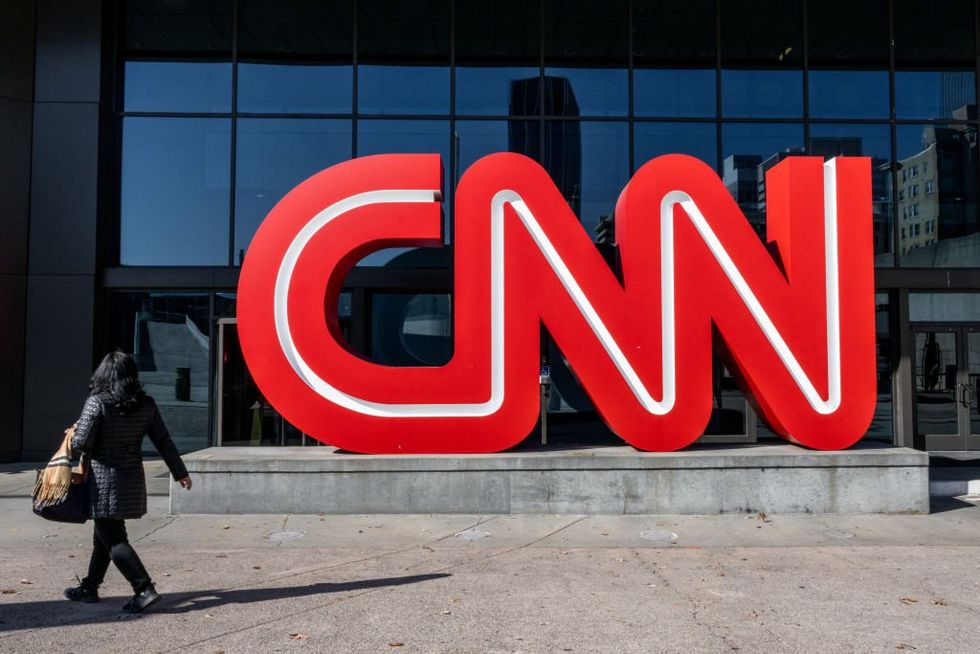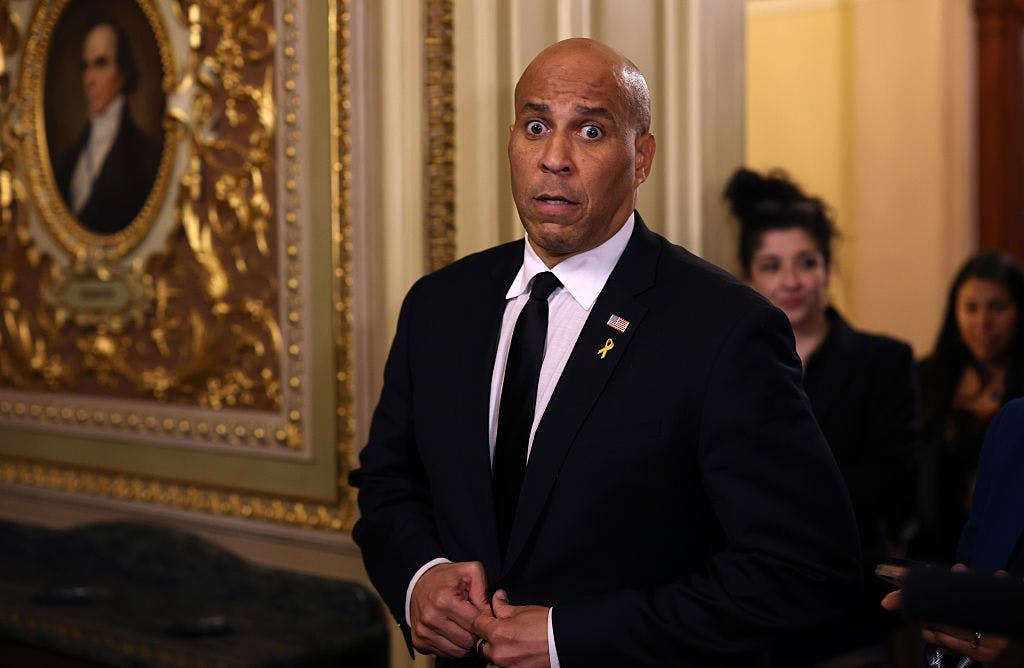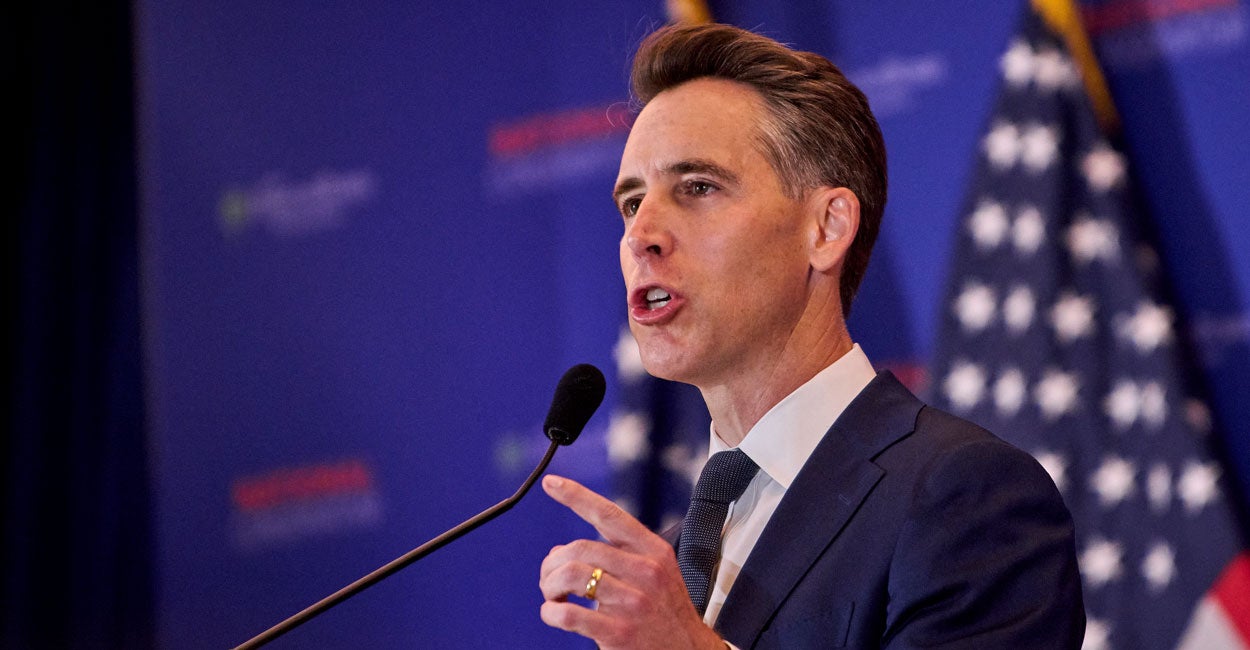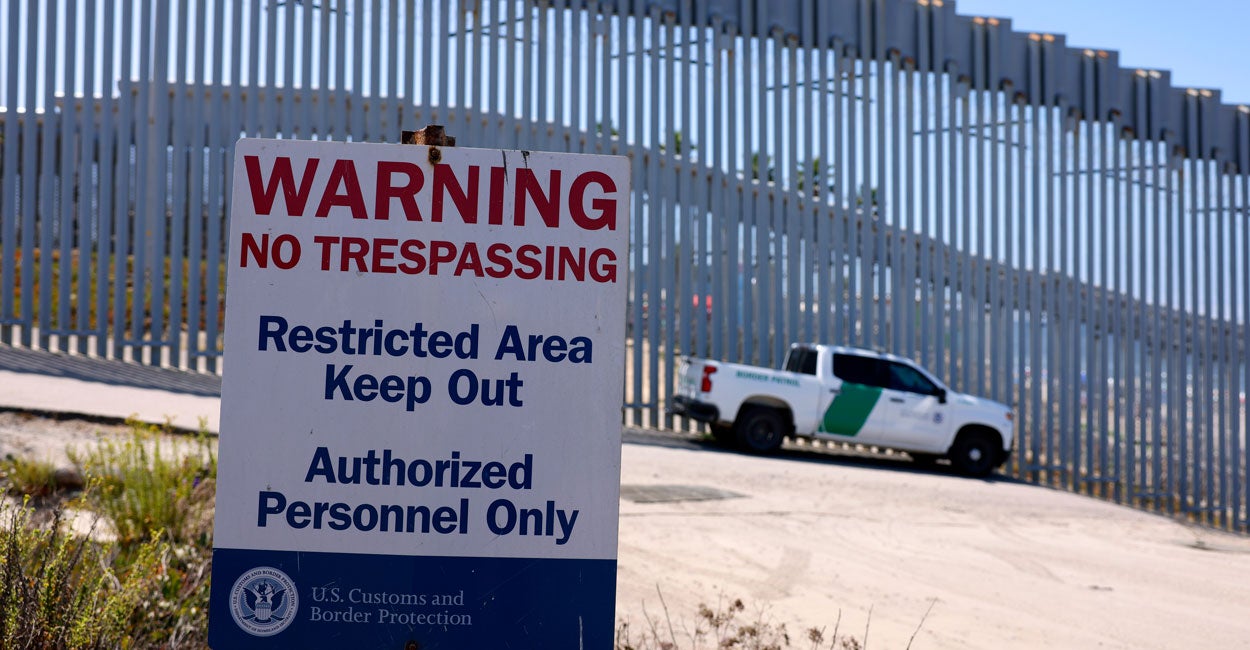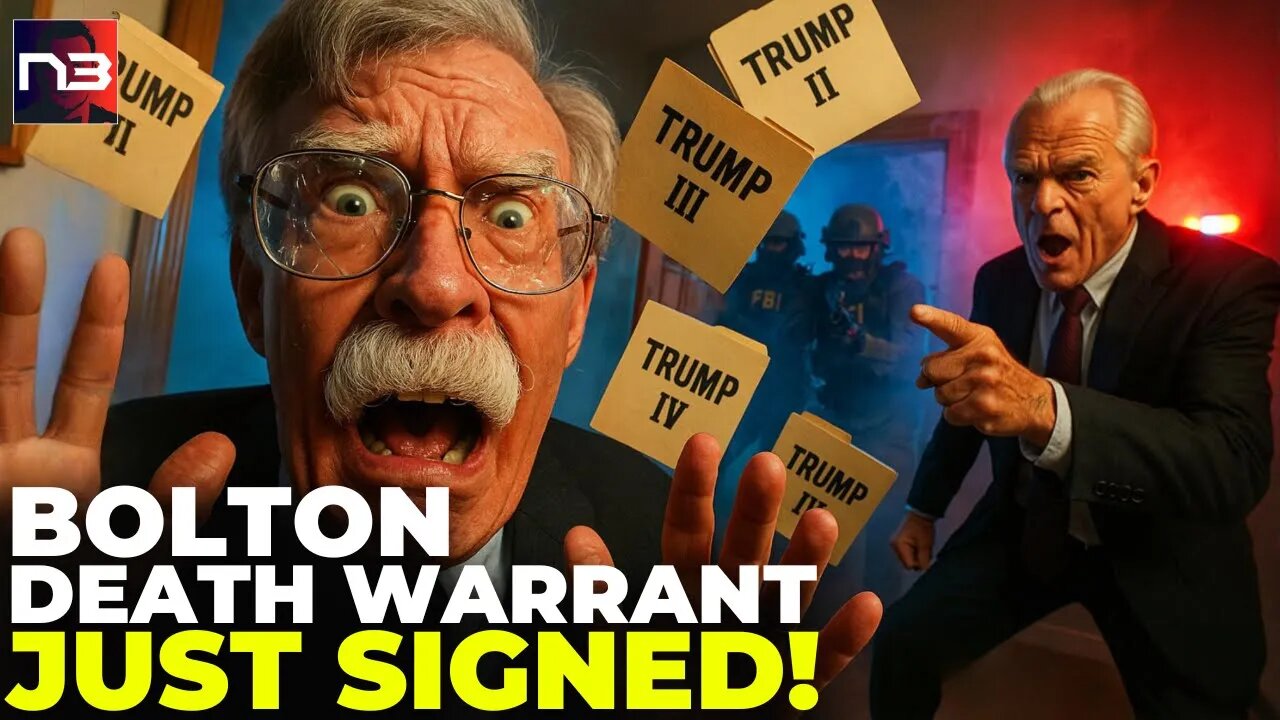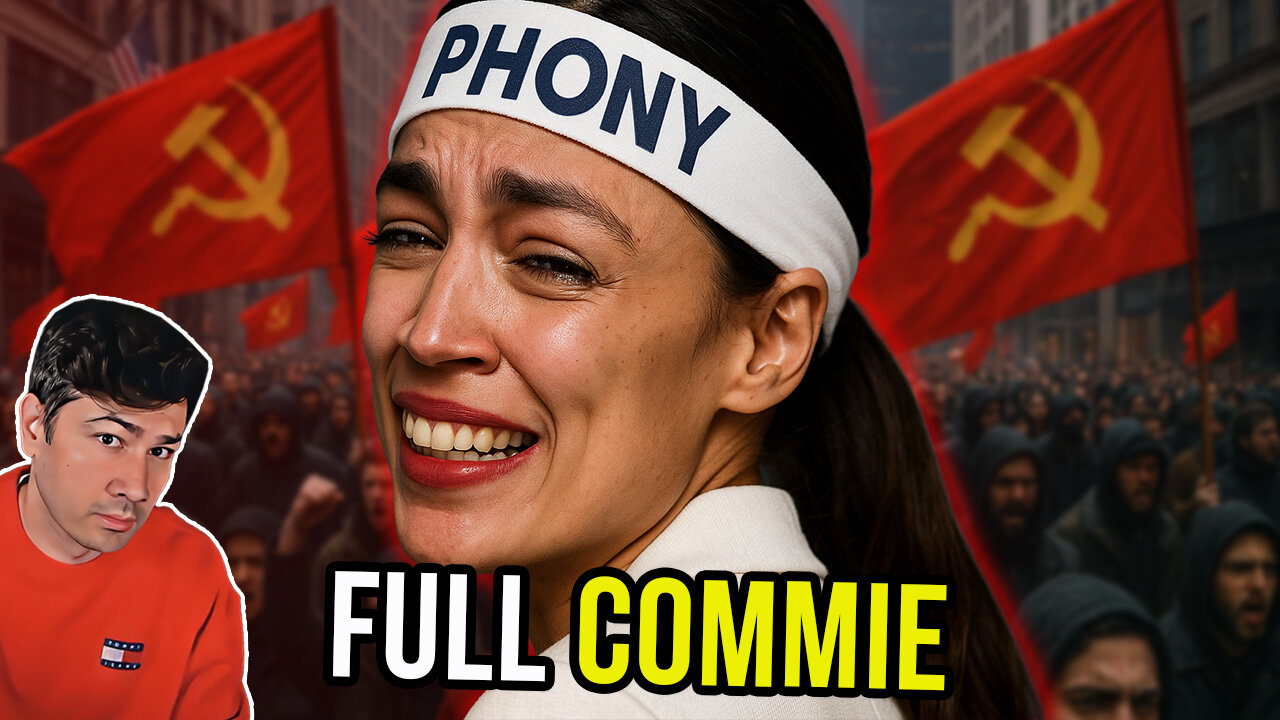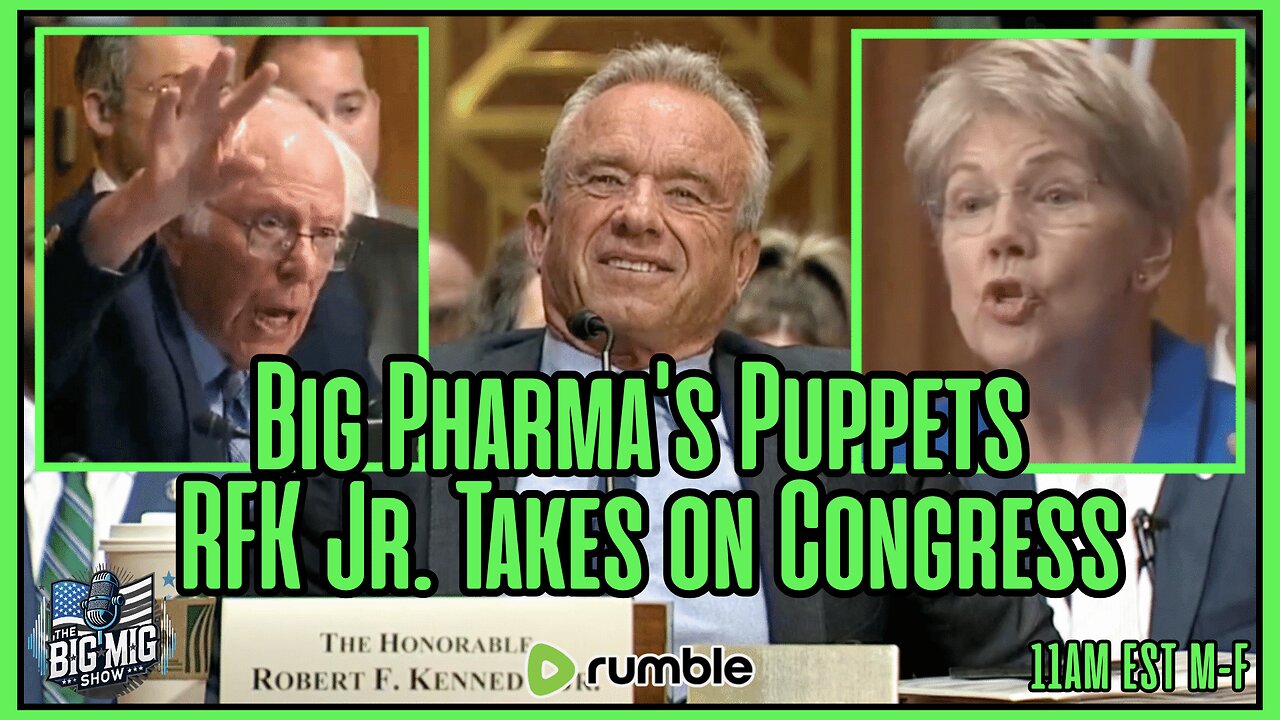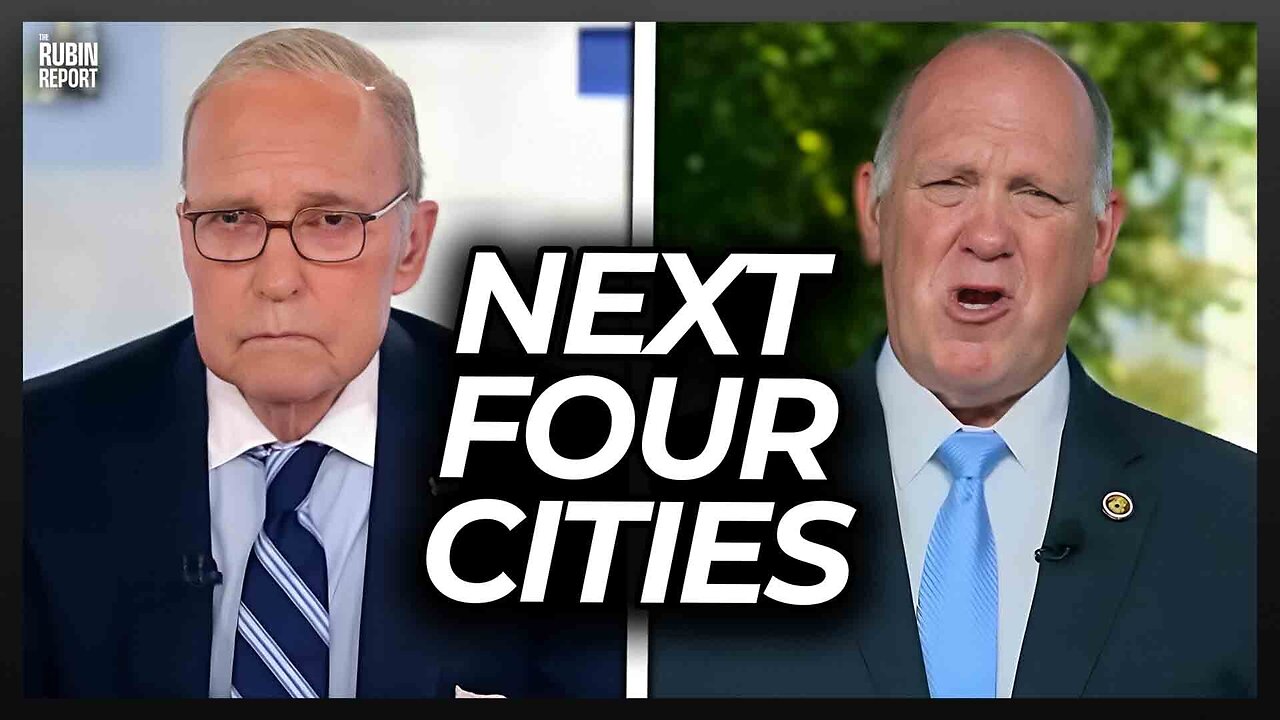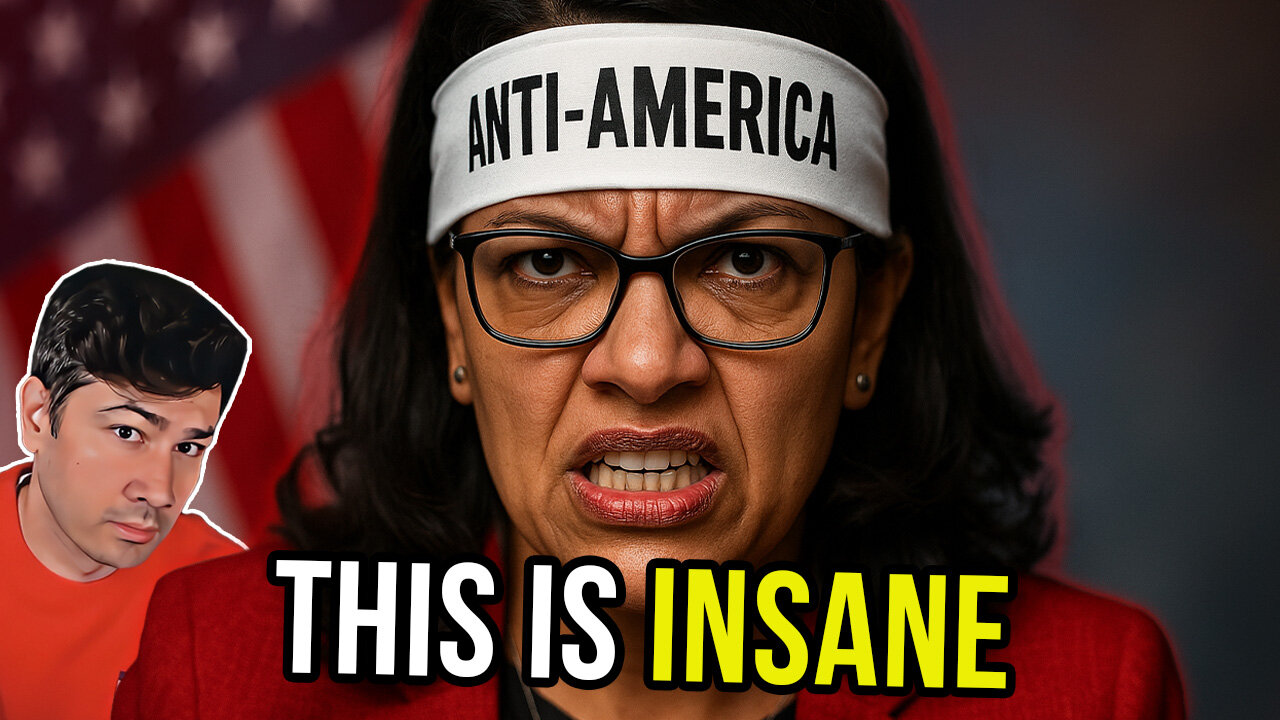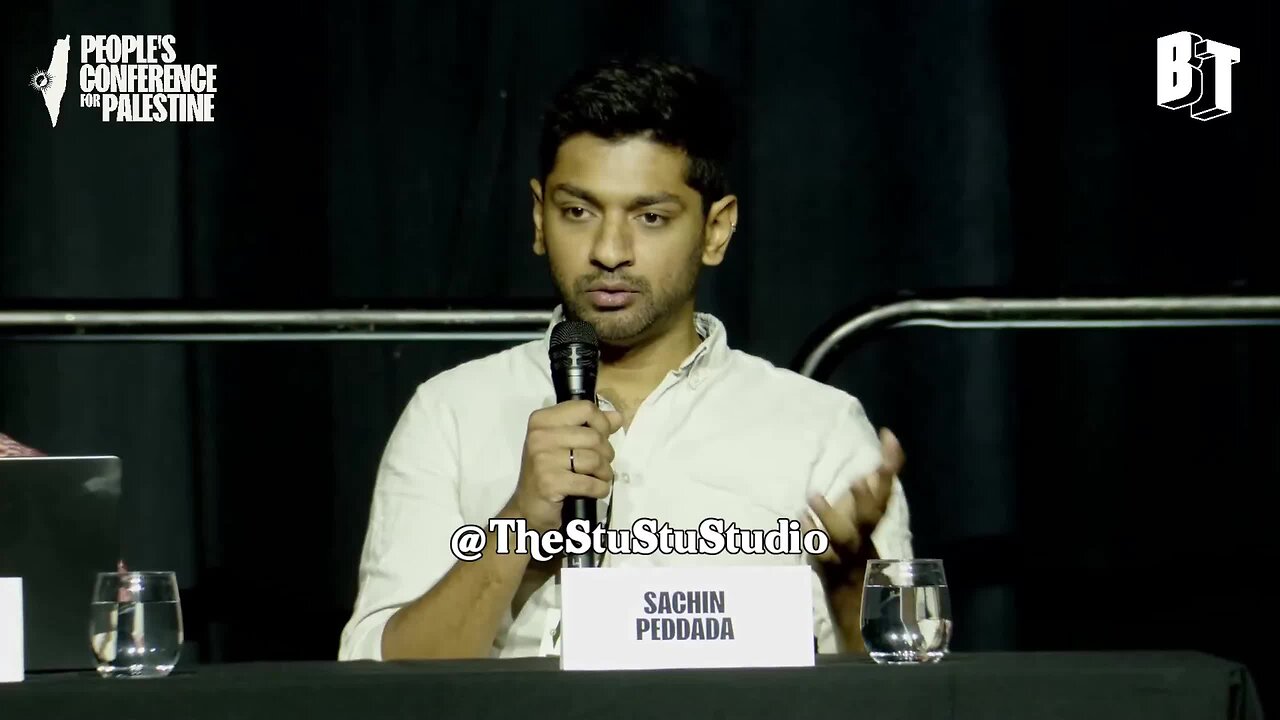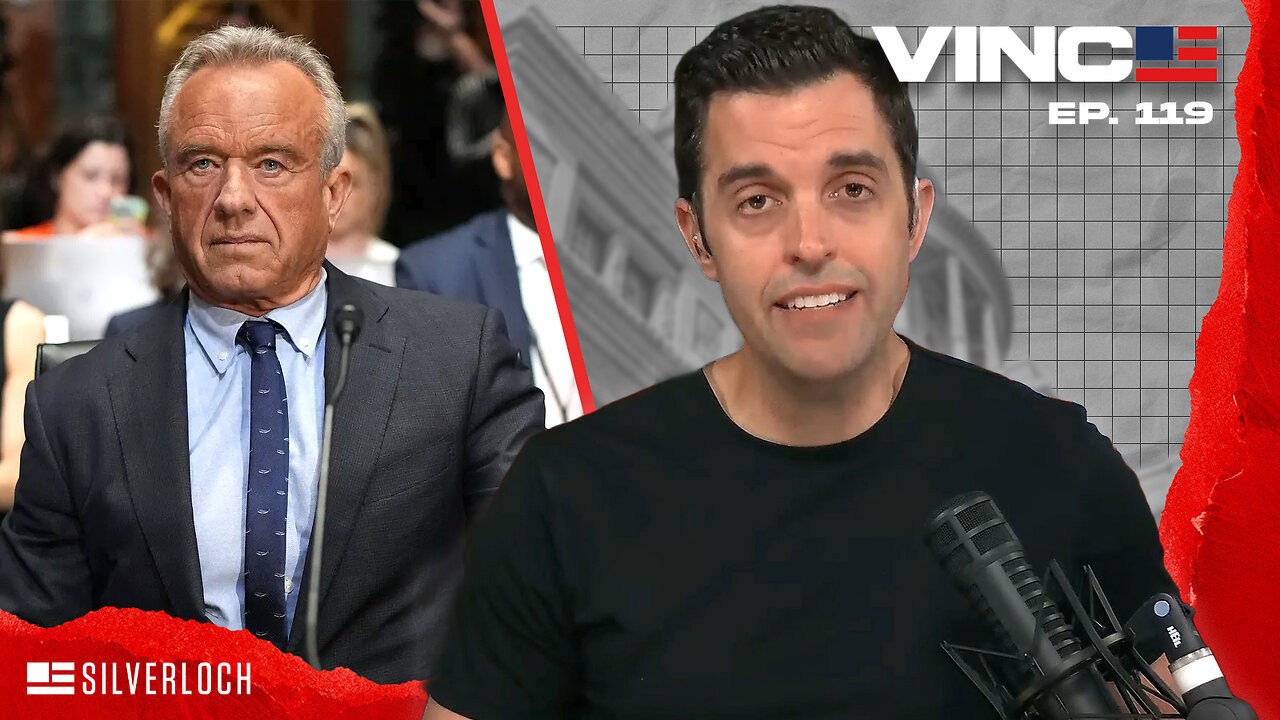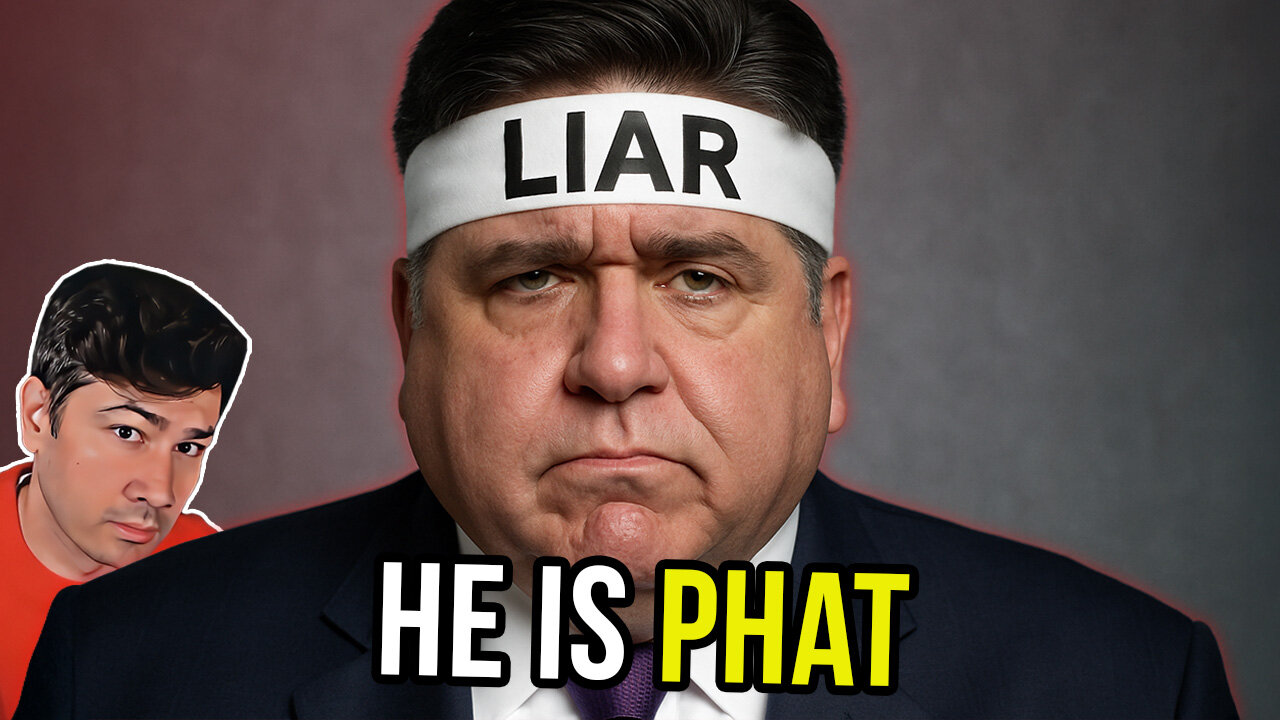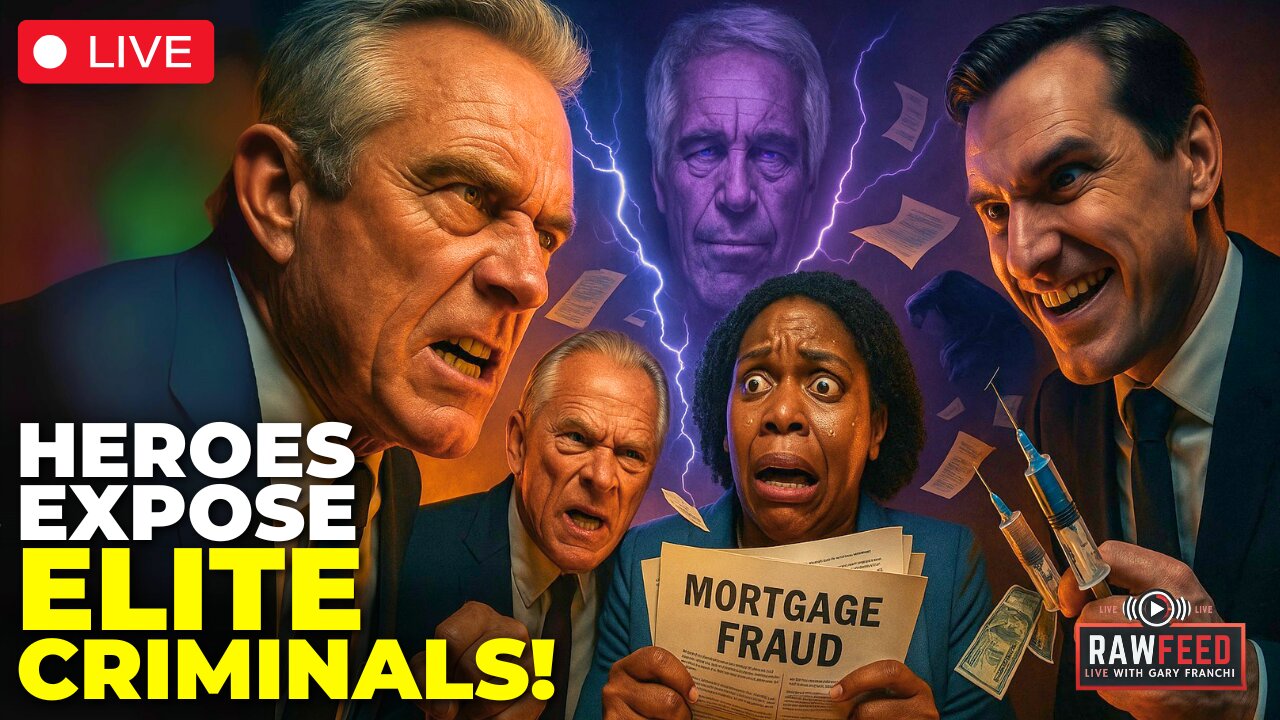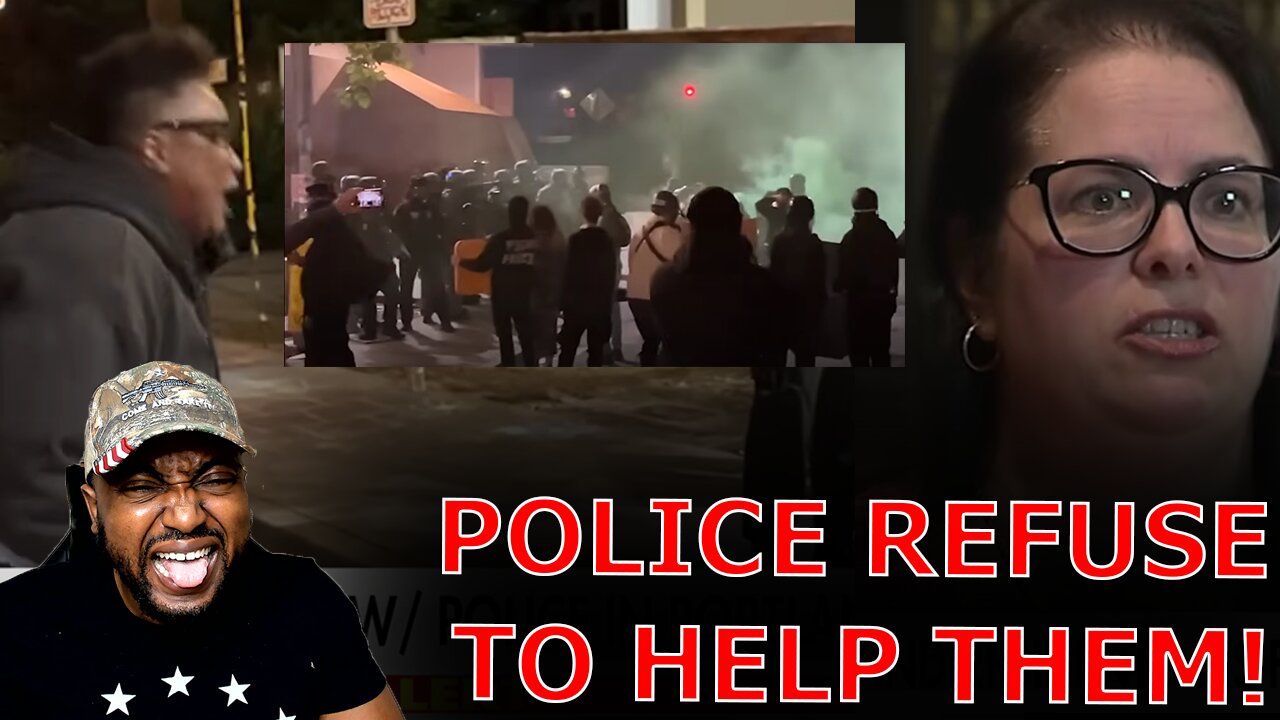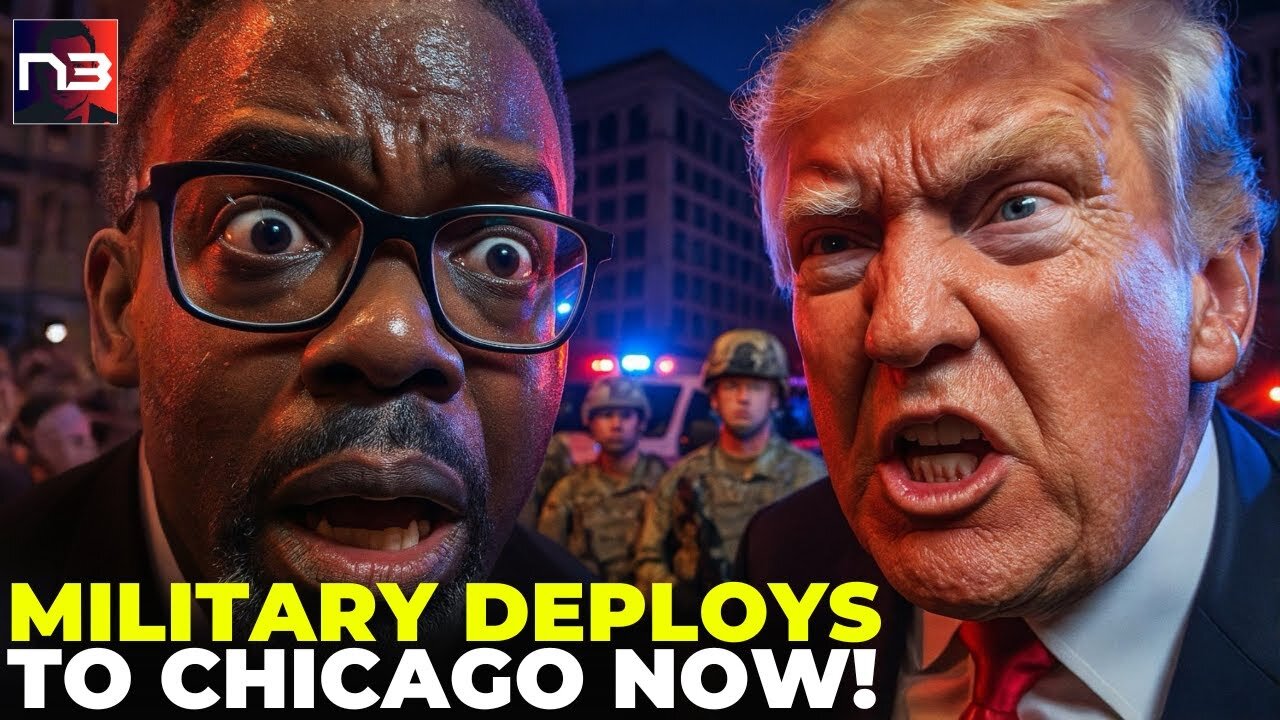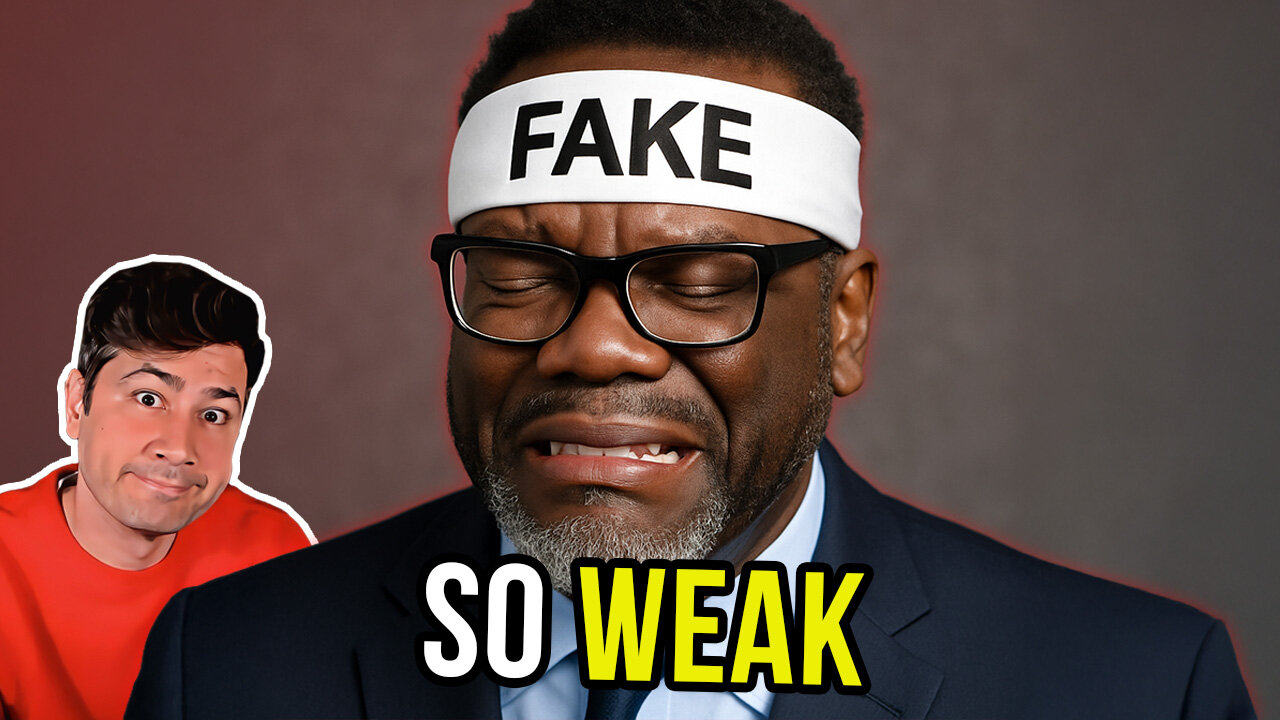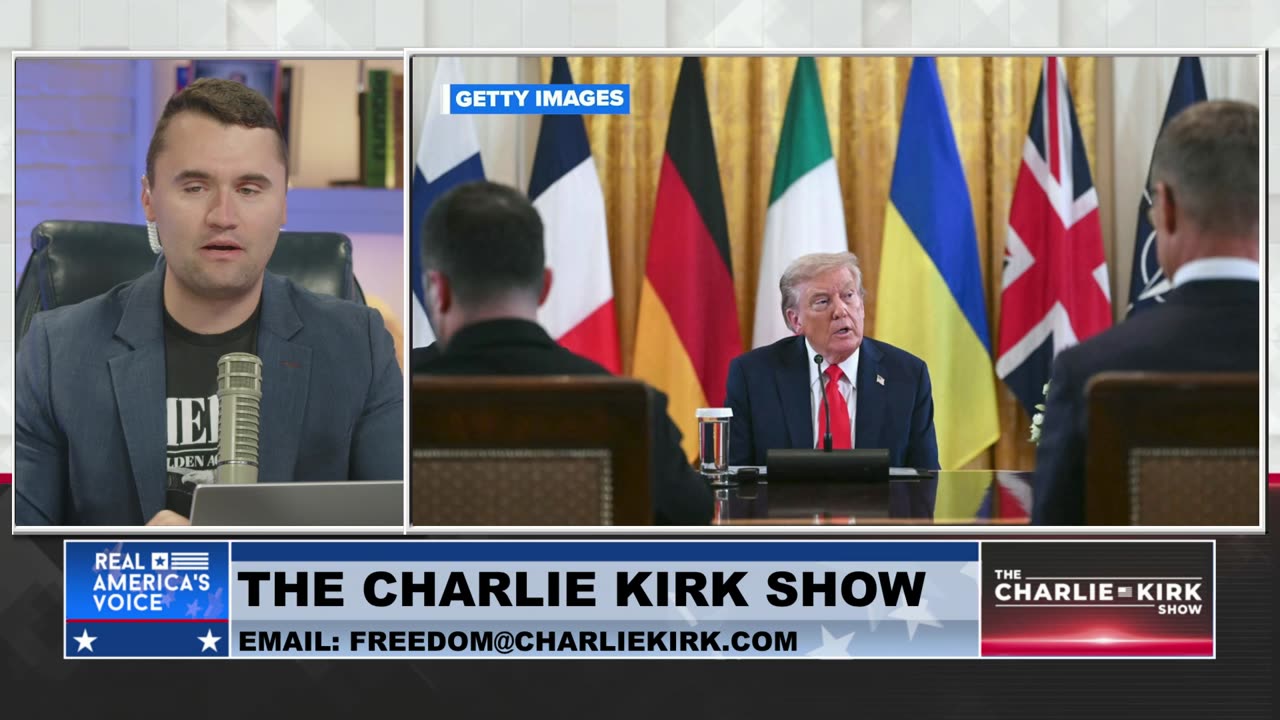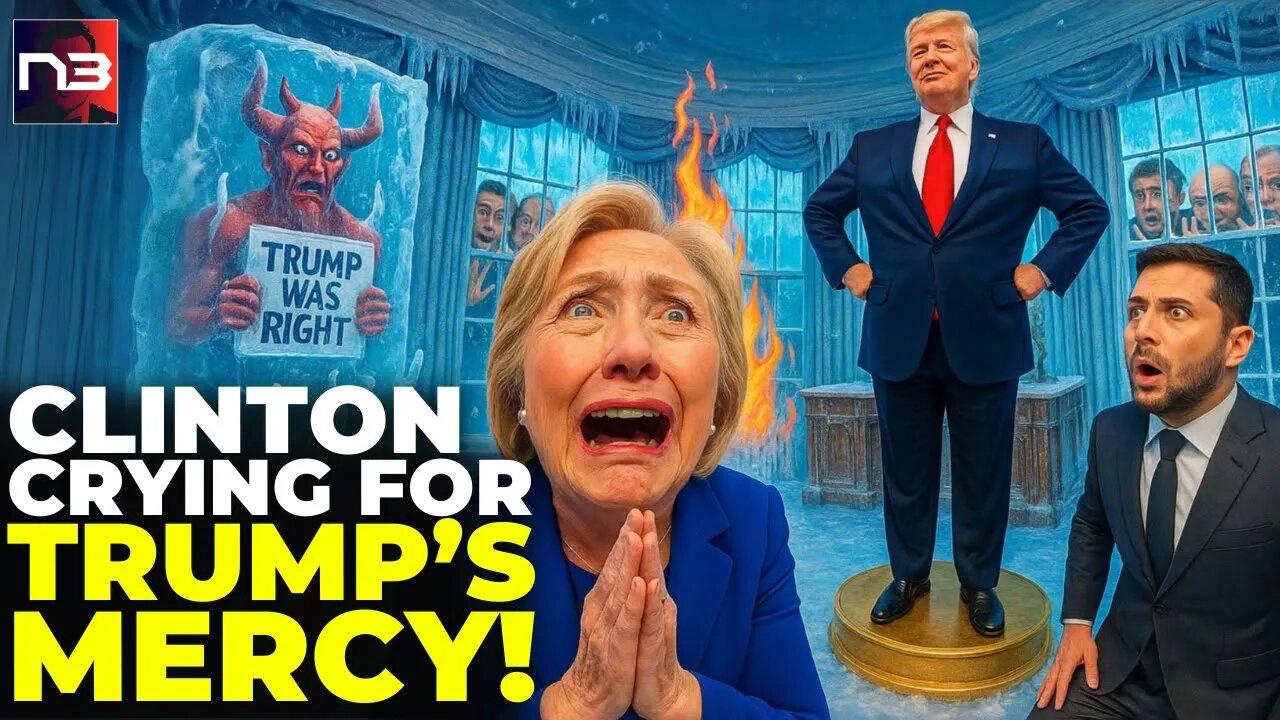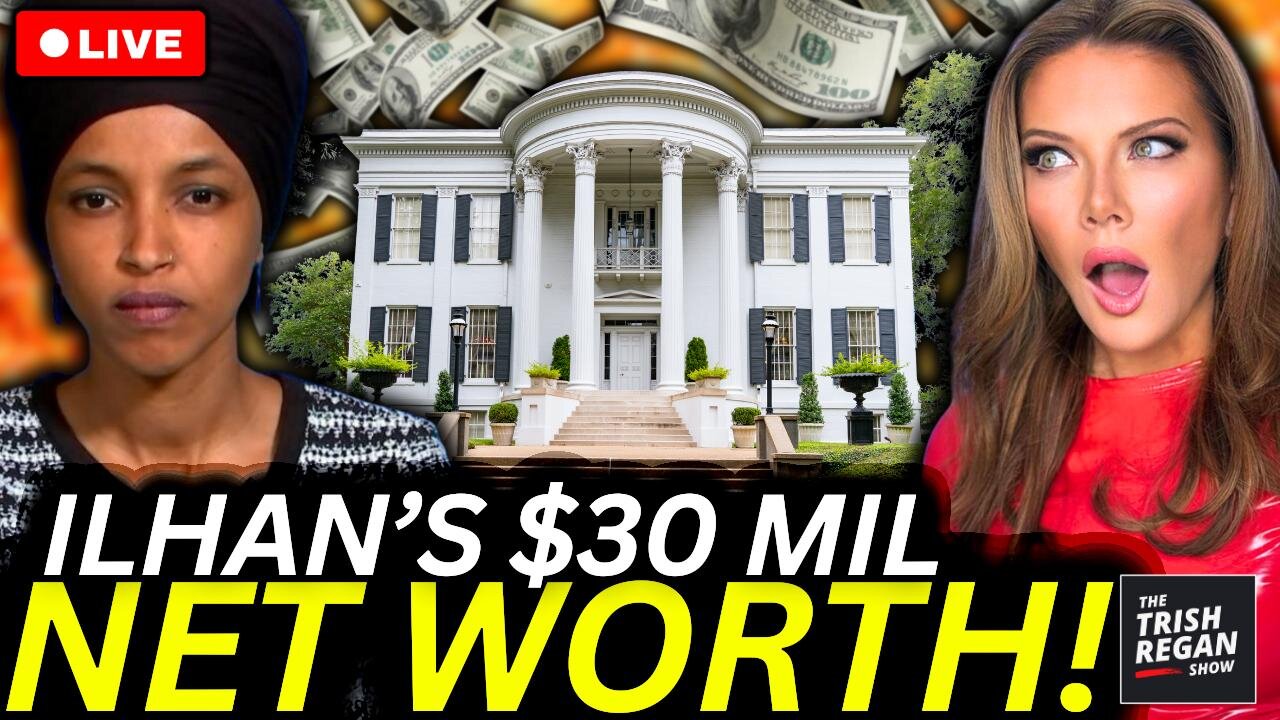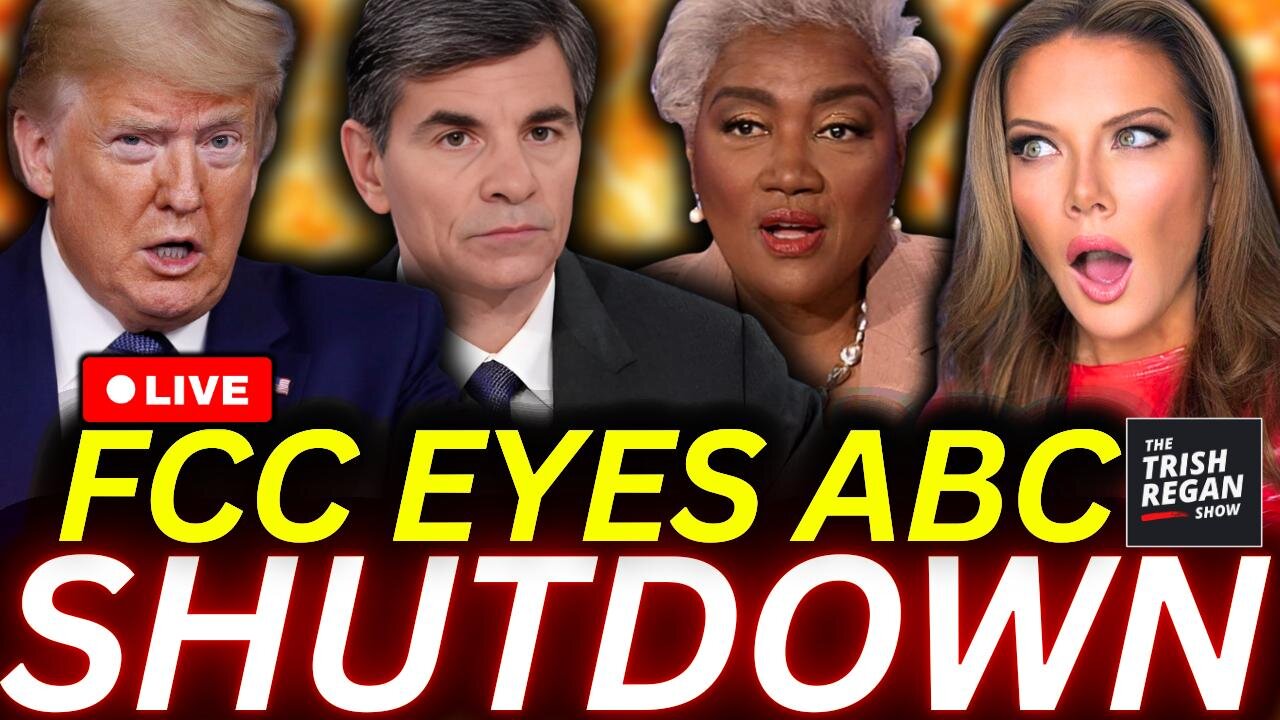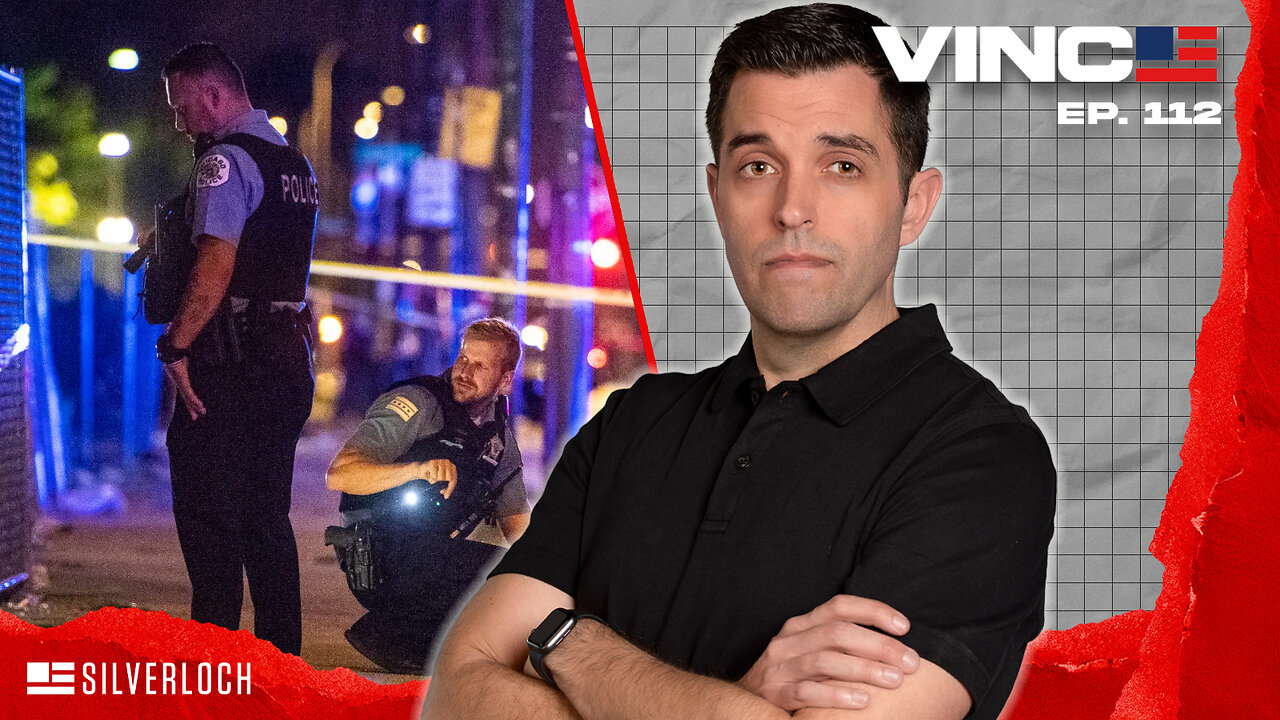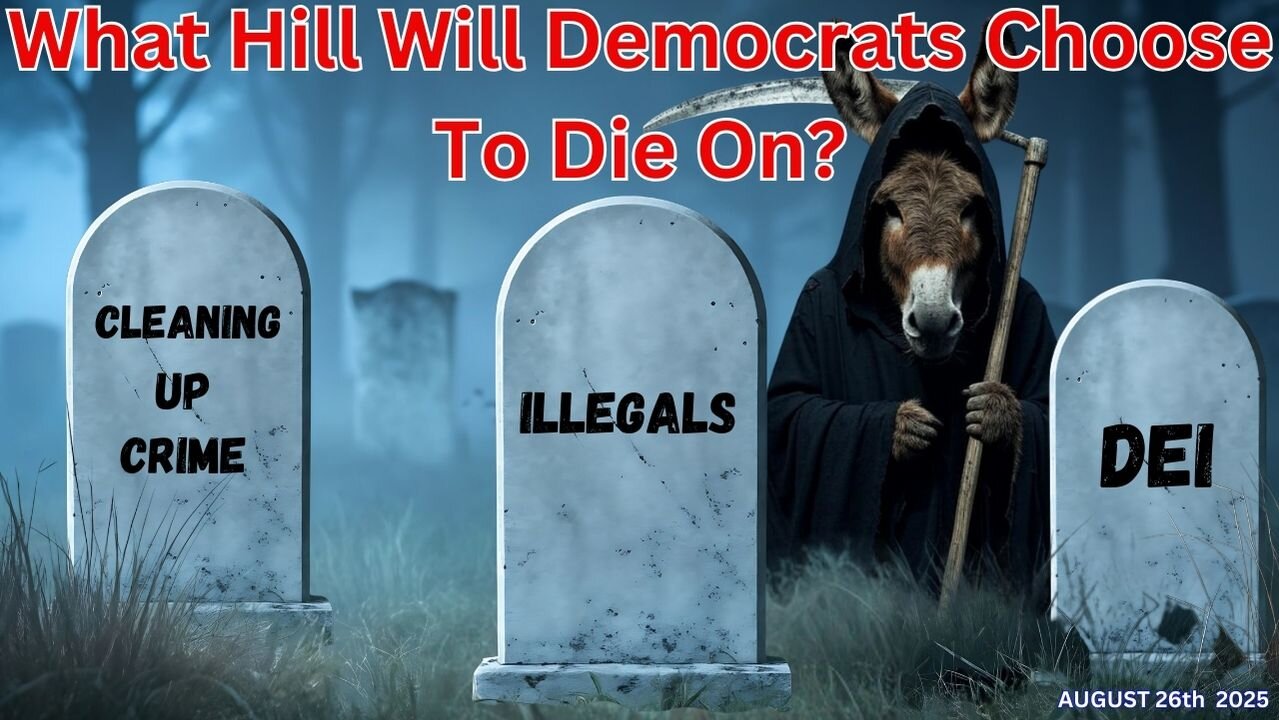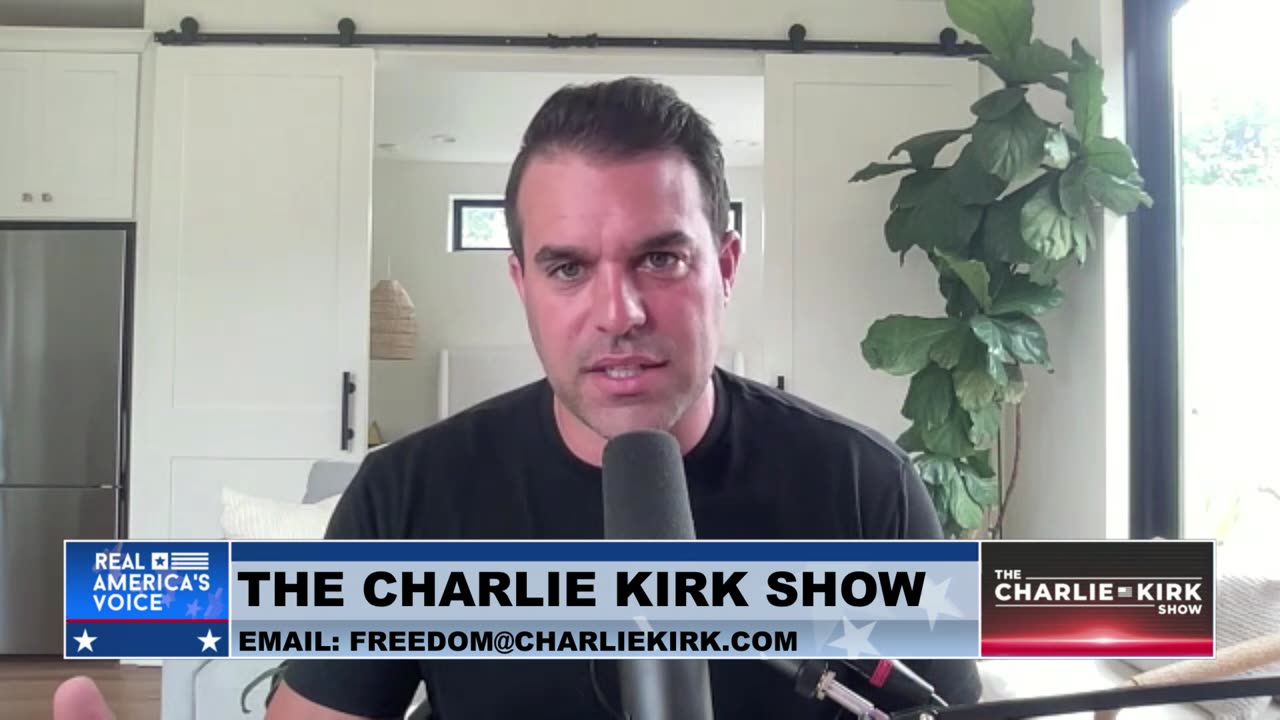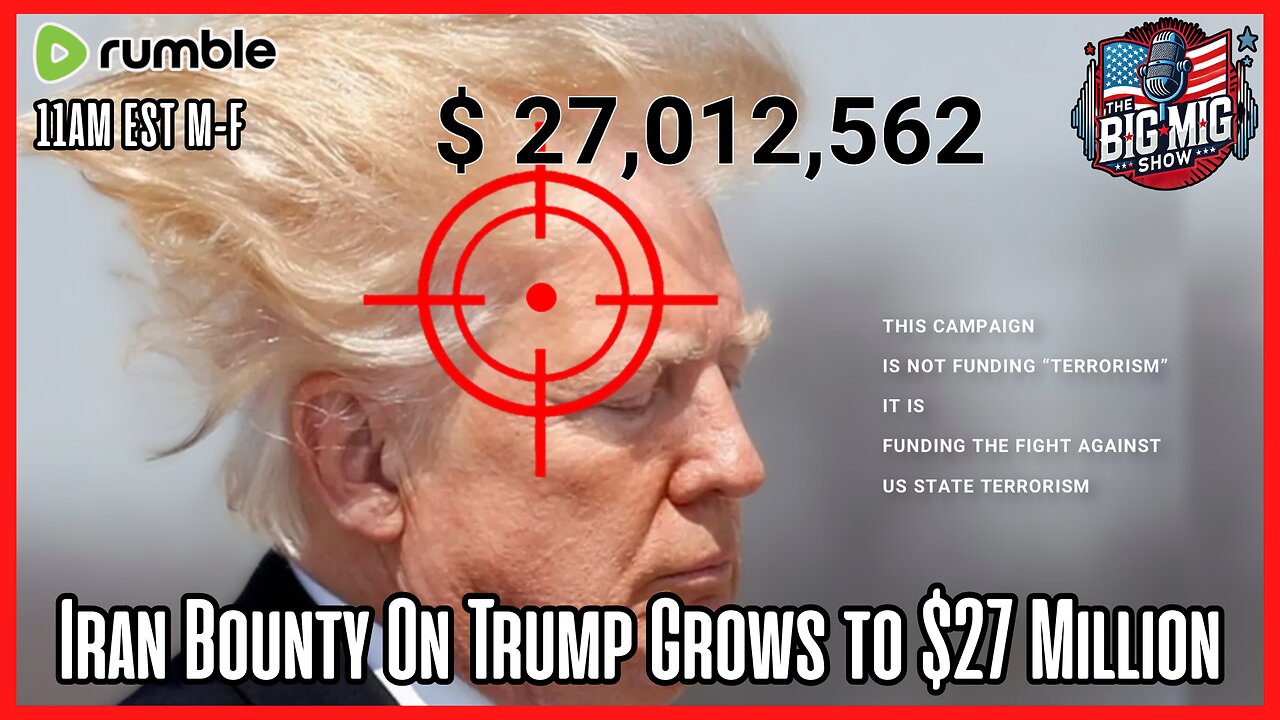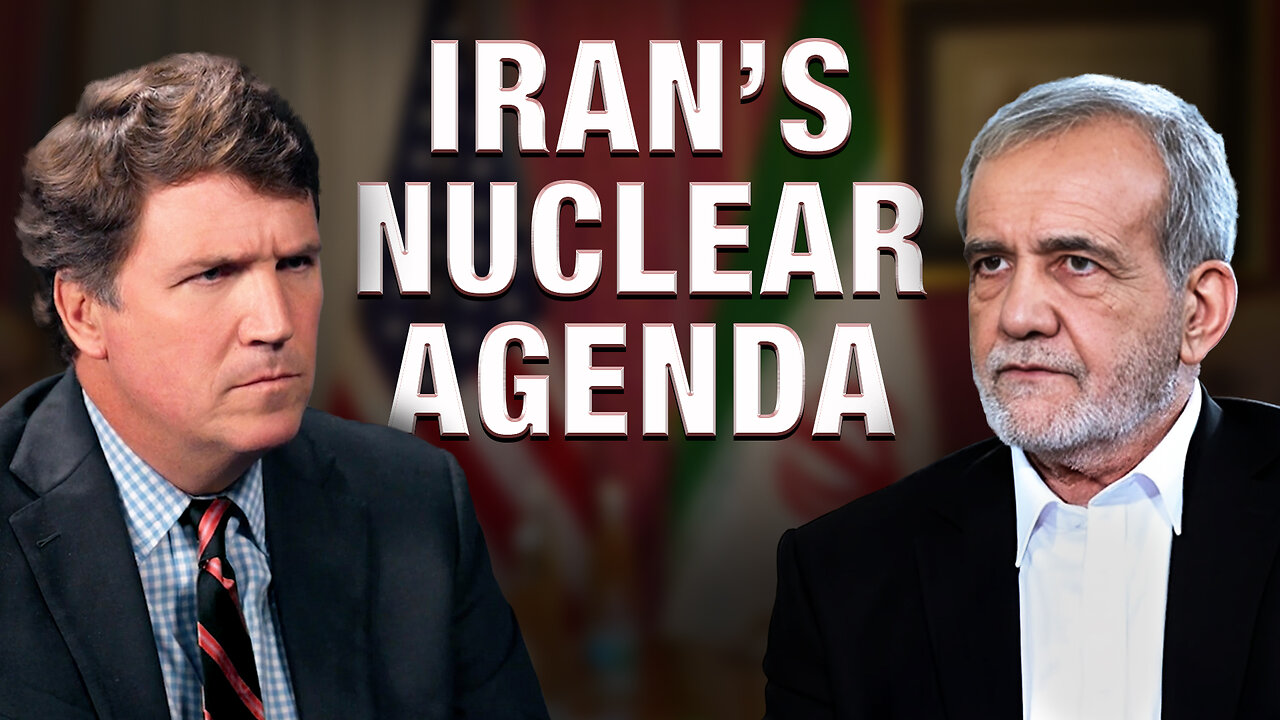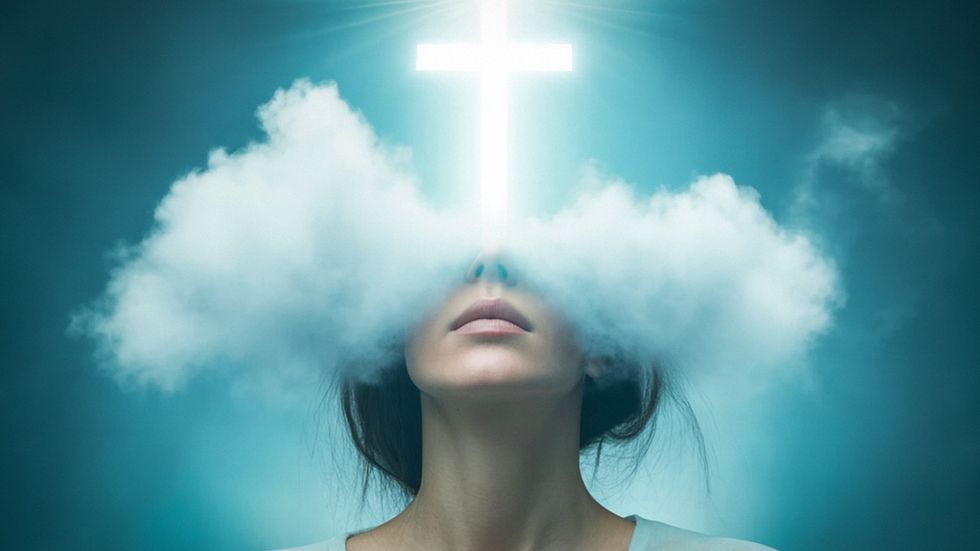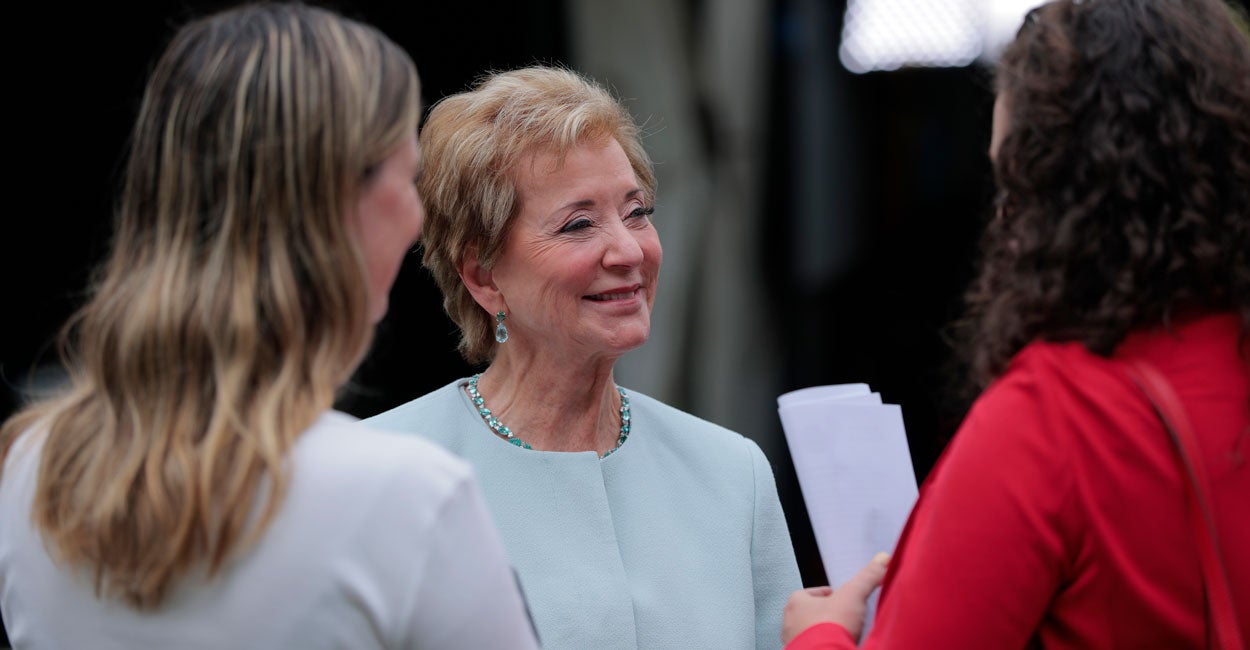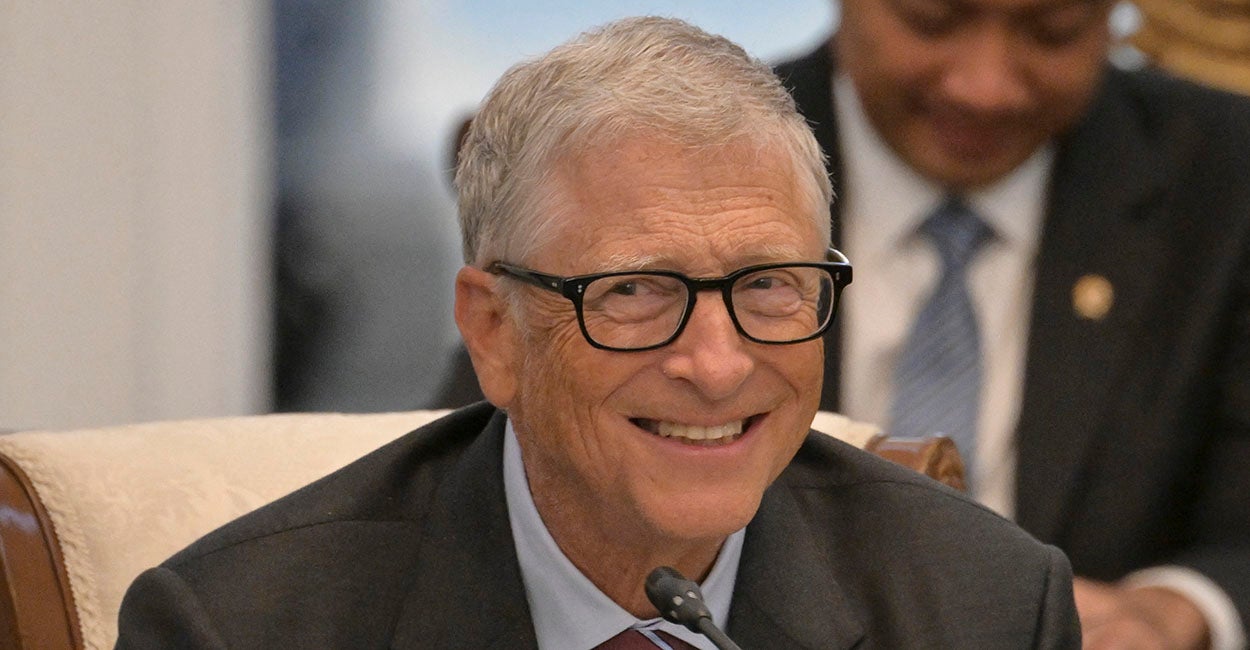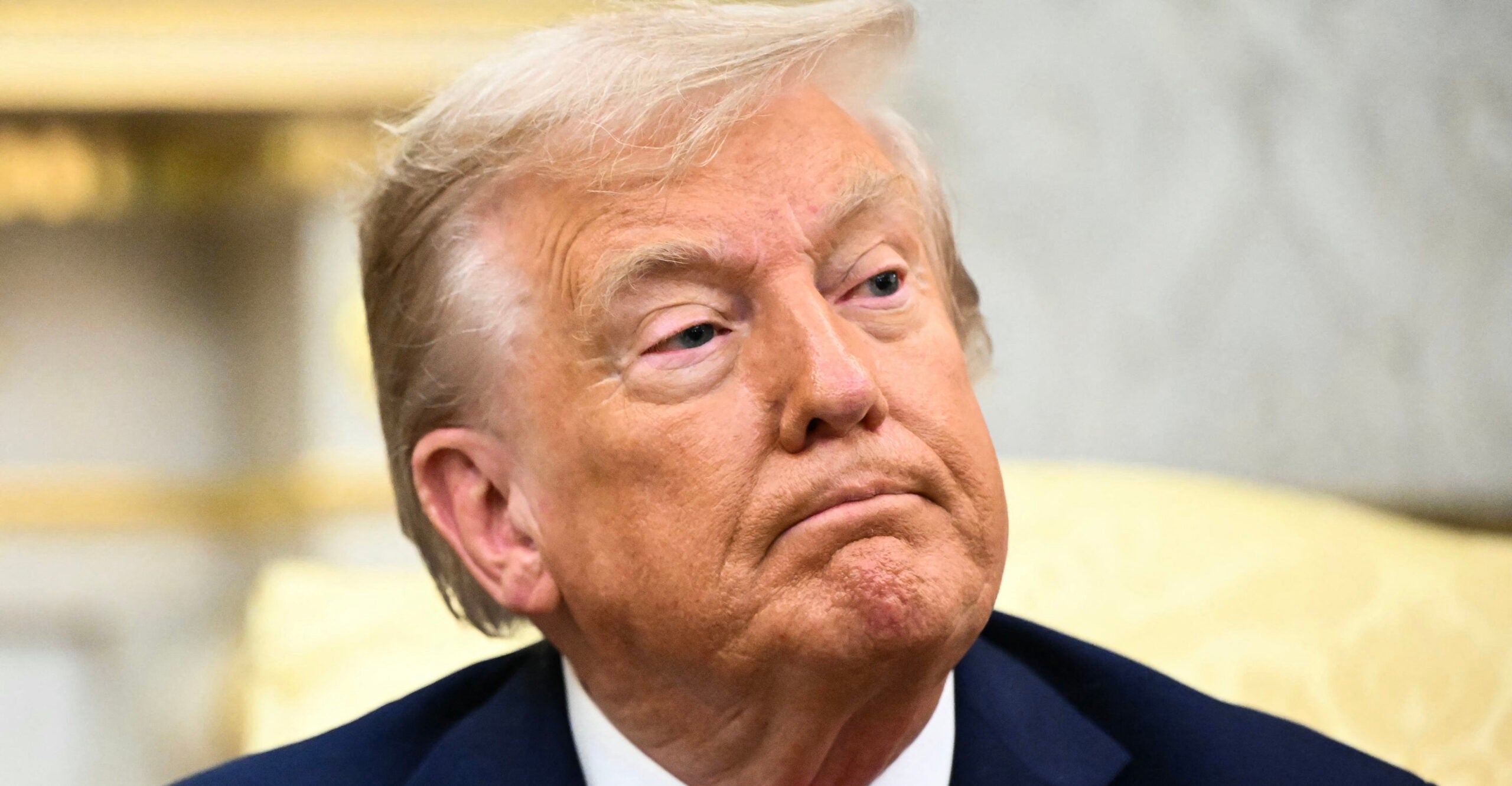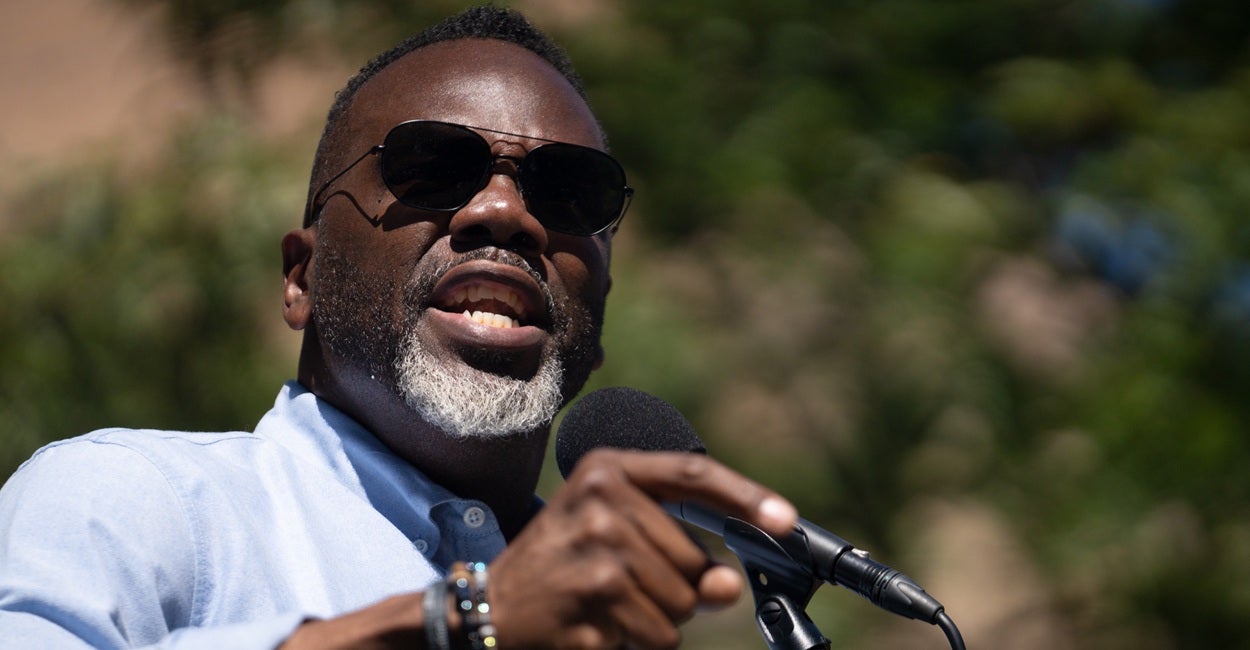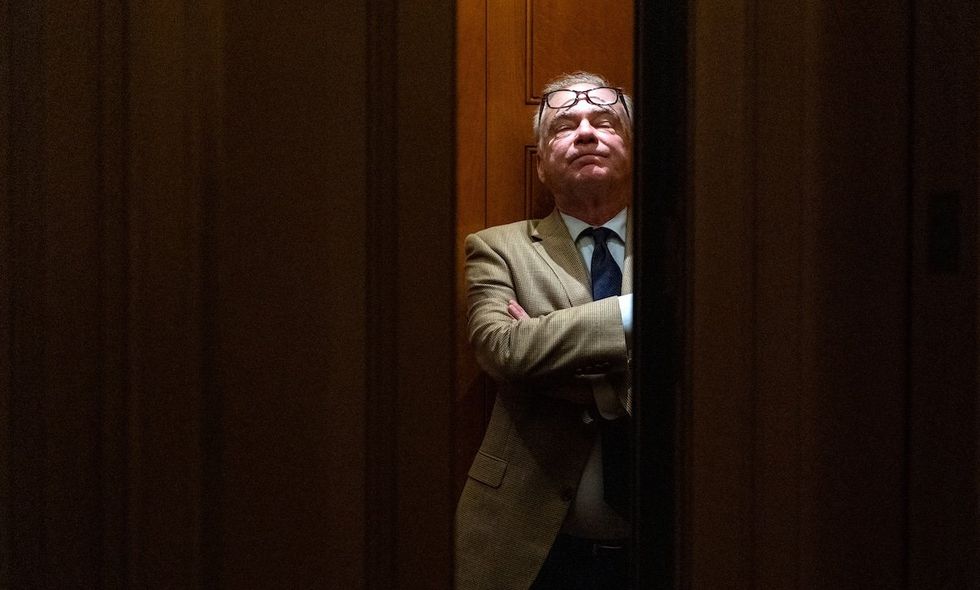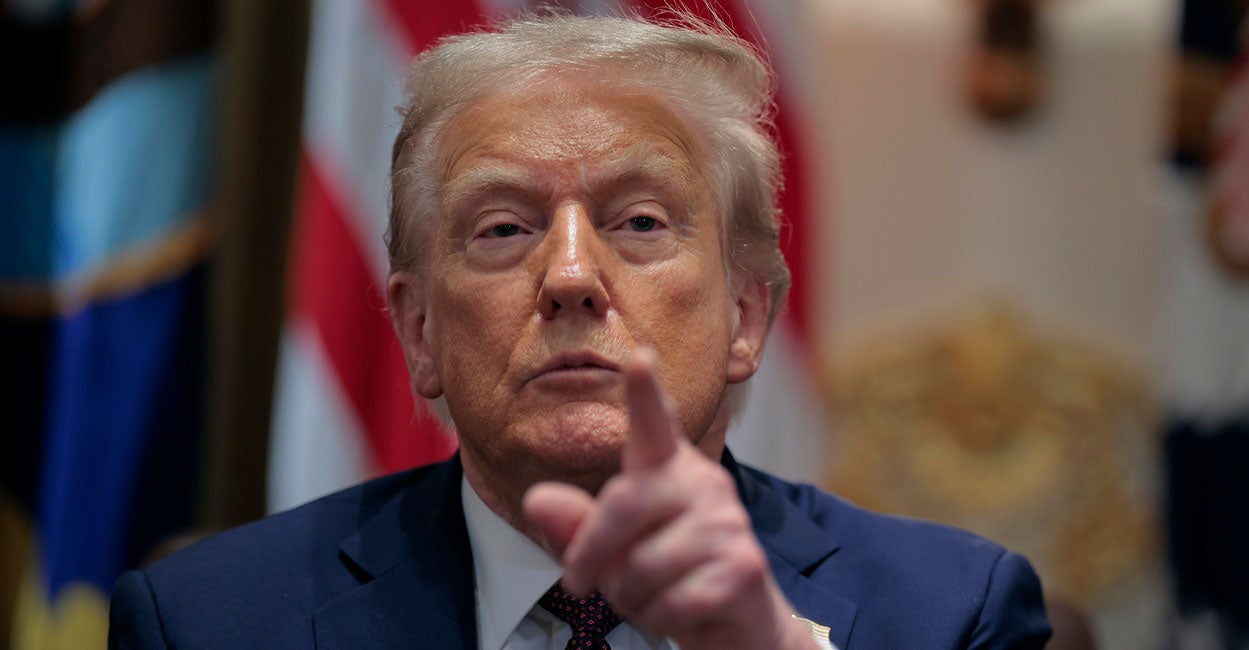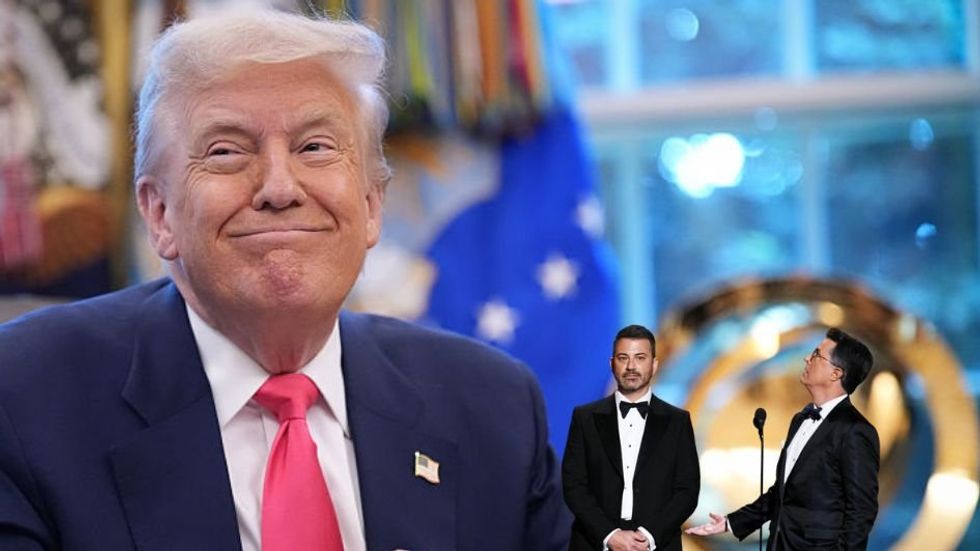The Supreme Court’s Golden Opportunity to Restore Trump’s Authority Amid an Onslaught of Leftist Lawfare
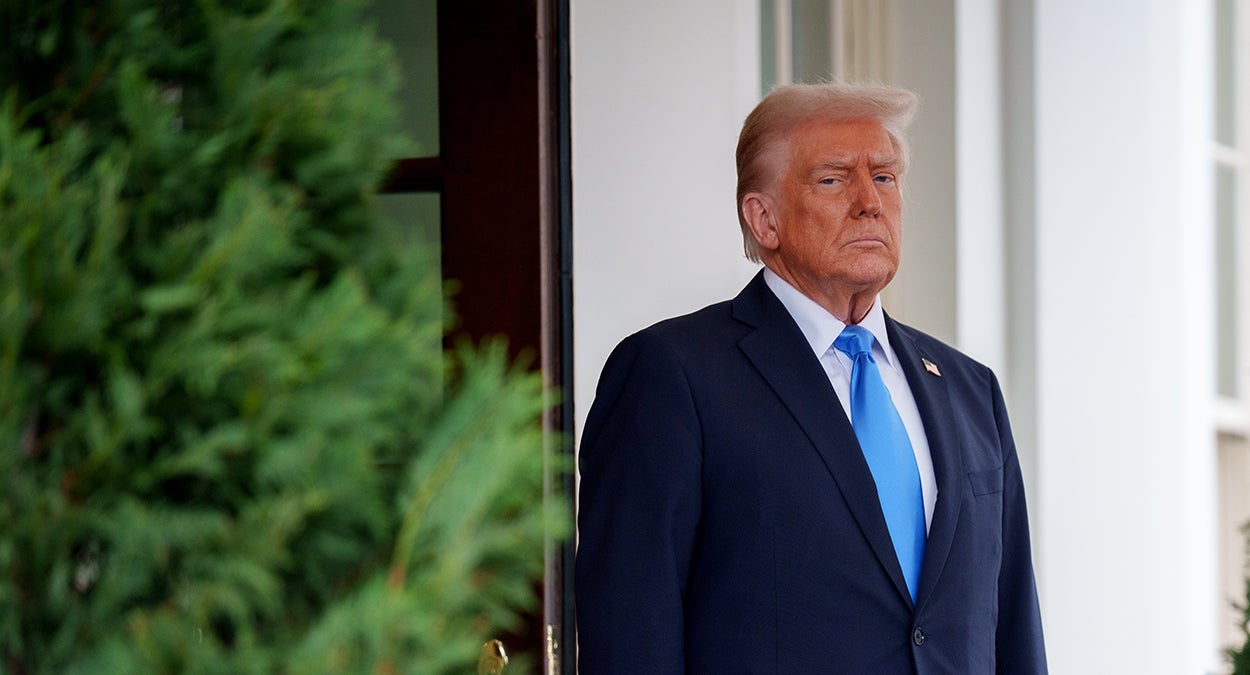
Is Donald Trump a president in name only?
The very idea seems absurd, but federal judges have issued injunction after injunction after injunction, blocking the president’s ability to exercise executive authority—the very authority the Constitution clearly vests in him.
Trump has appealed one of these injunctions to the Supreme Court, urging the justices to uphold his authority to fire bureaucrats who work in the executive branch.
When Trump fired Hampton Dellinger, head of the Office of Special Counsel, on Feb. 7, Dellinger responded by filing a lawsuit. After issuing an “administrative stay” on Feb. 10, a federal judge issued a two-week temporary restraining order on Feb. 12, blocking Trump from firing Dellinger. A panel of judges on the Court of Appeals for the Washington, D.C., Circuit upheld the restraining order.
Trump and key leaders in his administration appealed the case to the Supreme Court, allowing the justices an opportunity to vindicate the president—not only in this case but also as he faces a torrent of court orders blocking him from fulfilling his duties as president.
As Sarah Harris, acting solicitor general, writes in the Supreme Court brief, “Until now, as far as we are aware, no court in American history has wielded an injunction to force the president to retain an agency head whom the president believes should not be entrusted with executive power and to prevent the president from relying on his preferred replacement.”
The Office of Special Counsel aims to protect whistleblowers within the federal government. Congress established the office as an “independent agency,” but Harris argues that its functions fall under the executive purview of the president.
Harris cites Trump v. U.S. (2024), in which the Supreme Court held that presidents enjoy immunity from prosecution for fulfilling their essential duties. “Investigative and prosecutorial decision-making is ‘the special province of the executive branch,'” the court ruled. The Office of Special Counsel describes itself as an “investigative and prosecutorial agency.”
Harris also cites the court’s ruling that “Congress cannot act on, and courts cannot examine, the president’s actions on subjects within his ‘conclusive and preclusive’ constitutional authority”—including “the president’s ‘unrestricted power of removal’ with respect to ‘executive officers of the United States whom [the president] has appointed.’”
She also cites two cases in which the Supreme Court struck down as unconstitutional Congress’ attempts to insulate federal bureaucrats from the president’s ability to fire them: Selia Law v. Consumer Financial Protection Bureau (2020) and Collins v. Yellen (2021).
“Enjoining the president and preventing him from exercising these powers thus inflicts the gravest of injuries on the executive branch and the separation of powers,” she argues.
Critics argue that if the president can fire anyone in the executive branch, that will create a “spoils system” in which the entire federal bureaucracy is replaced after every election, and newly elected presidents can bring in their cronies in a way that “politicizes” the administrative state.
This will rid America of its “expert” and “scientific” bureaucratic class, bringing about some vague societal doom, to hear the critics say it.
This is hogwash. The administrative state is inherently political, and beneath the bureaucratic veneer of scientific objectivity lies a set of worldview assumptions that usually align with the political Left. As my book, “The Woketopus: The Dark Money Cabal Manipulating the Federal Government,” reveals, left-wing pressure groups influenced the administrative state during the Biden administration, getting bureaucrats to write their preferred projects into the rules and regulations Americans must live by.
President Trump is working overtime to excise woke ideology from the federal government for this very reason, and since the woke elites couldn’t stop him from winning the election, they’re trying to stop him in the courts.
Unfortunately for this round of the Left’s lawfare campaign, the president’s authority over the executive branch is clearly established in the Constitution. The Supreme Court also ruled in Myers v. U.S. (1926) that presidents have the “unrestricted” power of “removing executive officers.”
So, what do the federal judges give as an excuse for blocking Trump’s executive authority? They often rely on the Supreme Court’s two exceptions to the president’s “general rule” of “unrestricted removal.”
In Humphrey’s Executor v. United States (1935), the court ruled that Congress can provide protection to “a multimember body of experts, balanced along partisan lines, that performed legislative and judicial functions and was said not to exercise any executive power.” This narrow exception to the president’s authority does not apply to Dellinger.
The Supreme Court also ruled that Congress could protect “certain inferior officers with narrowly defined duties” in the cases Morrison v. Olson (1988) and United States v. Perkins (1886). This also does not apply to the case at hand.
If the Supreme Court acts on this case, it wouldn’t just have ramifications for Dellinger.
Lower court judges have issued restraining orders or injunctions blocking Trump’s orders and actions in at least 15 different cases, with more orders coming by the day.
For example, judges have ordered the administration to halt its freeze on federal spending, to restore deleted websites, to refrain from giving the Department of Government Efficiency access to federal records, and even to engage in a granular change—to reverse its move to slash to 15% the funding available for overhead expenses in National Institutes of Health research grants.
The Supreme Court should take up the Dellinger case because it provides an opportunity to bring activist judges to heel.
If the president cannot fire members of the executive branch who make rules under his authority, what can he do? If a president cannot fulfill his promises to the American people, what does that say about the impact of voters in an election? If a court can force a president to re-hire someone in the executive branch, is he truly the president at all?
It seems rather fitting that the test of whether Trump truly has presidential authority will come down to whether or not he can say, “You’re fired!”
The post The Supreme Court’s Golden Opportunity to Restore Trump’s Authority Amid an Onslaught of Leftist Lawfare appeared first on The Daily Signal.
Originally Published at Daily Wire, Daily Signal, or The Blaze
What's Your Reaction?
 Like
0
Like
0
 Dislike
0
Dislike
0
 Love
0
Love
0
 Funny
0
Funny
0
 Angry
0
Angry
0
 Sad
0
Sad
0
 Wow
0
Wow
0

